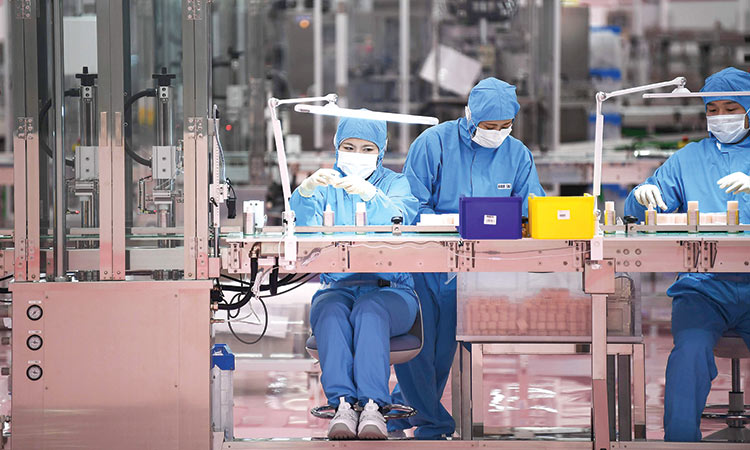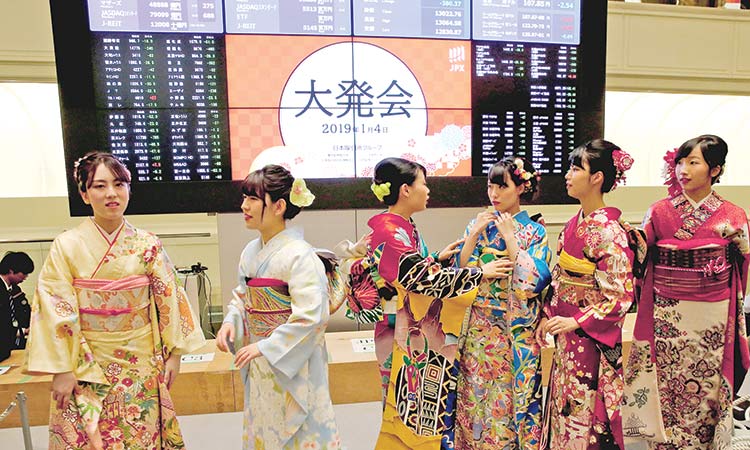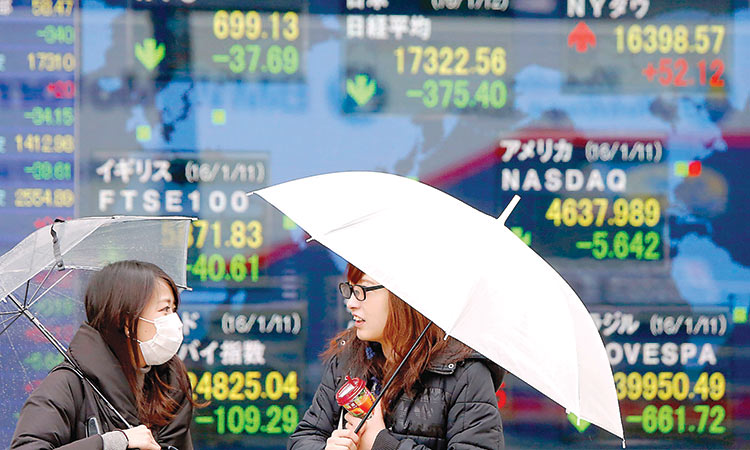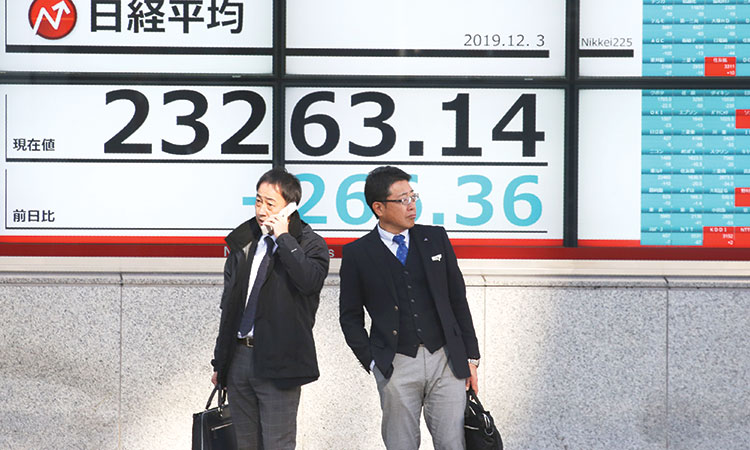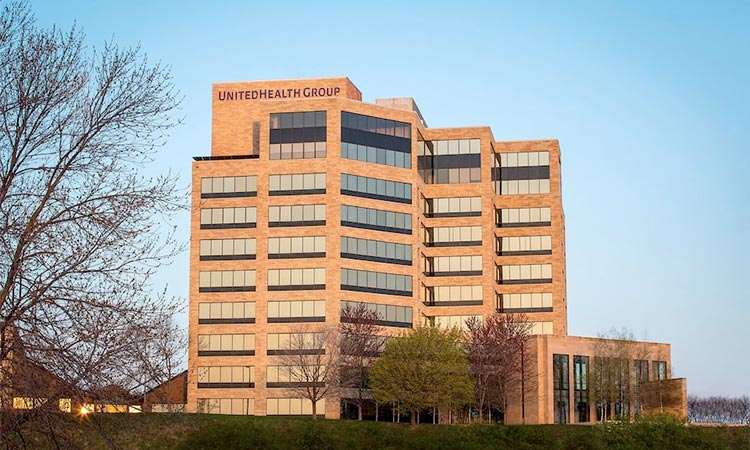Japan’s core machinery orders jump giving relief to economy
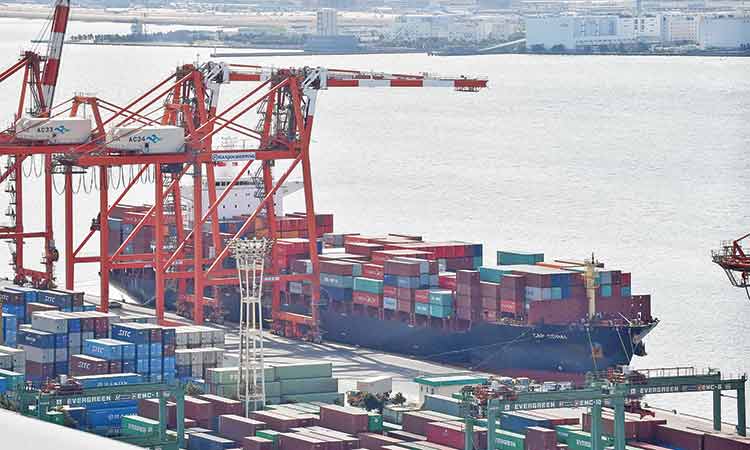
A container ship anchored at a port in Tokyo. Agence France-Presse
Cabinet Office data on Wednesday showed core orders, a highly volatile data series regarded as an indicator of capital spending in the coming six to nine months, rose 13.9% in June from the previous month.
That marked the biggest month-on-month gain since comparable data became available in 2005. It also defied a 1.3% drop forecast by economists in a Reuters poll and more than recouped a sharp 7.8% slump in May.
The jump in June orders was partly driven by big-ticket items, but even without them core orders were likely positive, a government official told a briefing. The value of core orders was the highest since August 2018.
Orders from non-ferrous metals industry and transportation equipment makers rose in June, while those from the telecommunications industry fell.
Policymakers are closely watching capital expenditure and hope domestic demand can offset risks to growth from a bruising US-China trade war and slowing global demand. A weeks-long trade dispute between Japan and South Korea has also added to the strains on businesses.
“Manufacturers’ orders such as by high-tech firms contracted quite a lot,” said Takumi Tsunoda, senior economist at Shinkin Central Bank Research Institute.
“Those were offset by increased spending by service-sector firms investing in technology to counter the labour shortage. There was also spending on hotels ahead of the 2020 Tokyo Olympic Games.”
Capital expenditure has been a bright spot in the fragile economy, helping second-quarter gross domestic product expand at an annualised rate of 1.8%, which beat analysts’ projections.
Wednesday’s data offers a measure of relief for the Bank of Japan, which is under pressure to follow other central banks and boost stimulus to fend off the impact from a global slowdown.
However, growing global pressure threatens the outlook for Japan’s export-reliant economy, the world’s third-biggest, with risks to business confidence and investment tilted to the downside.
There are already some signs of domestic weakness as Prime Minister Shinzo Abe’s government prepares to raise the national sales tax to 10% in October.
Household sentiment slipped for the third month in July to hit the lowest since April 2016, a Cabinet Office survey showed last week, suggesting consumers could tighten their purse strings even before the sales tax hike rolls in.
The previous tax hike to 8% from 5% in April 2014 knocked consumer confidence and set off an economic slump. Since then, Abe has twice delayed a planned sales tax hike.
The planned sales tax hike is not likely to greatly hurt firms’ capital expenditure, analysts said, except at smaller firms that are seen boosting spending on small-ticket items ahead of the higher tax.
“There’s likely demand for equipment among small and medium-sized firms. They’re investing in things such as trucks and personal computers,” said Tsunoda.
The Cabinet Office maintained its assessment on machinery orders to say they are showing a pick up.
By sector, core orders from manufacturers slipped 1.7% in June from the previous month, falling again after logging a 7.4% drop in the prior month, while those from the service-sector jumped 30.5%, rebounding after dropping 9.0% in May, the Cabinet Office data showed.
Compared with a year earlier, core orders, which exclude those of ships and electricity, advanced 12.5% in June, it showed.
However, manufacturers surveyed by the Cabinet Office forecast core orders to drop 6.1% in July-September after a 7.5% rise in the previous quarter.
Meanwhile, Japanese stocks on Wednesday recouped nearly all of the previous day’s sharp losses, thanks to Washington delaying the start of tariffs on some Chinese imports.
President Donald Trump’s move gave a much-needed reprieve for markets, with Japan’s chipmaking sector and Apple-related firms getting the strongest tailwind.
The Nikkei share average gained 1.0% to 20,655.13, recovering most of its 1.1% fall on Tuesday, while the broader Topix rose 0.9% to 1,499.50.
While the White House’s announcement on the tariff delay prompted a relief rally on Asian markets, some analysts suspect this might be short-lived.
“Markets are responding with muted relief to the latest round in the trade saga - but nothing has really changed,” Robert Carnell, ING’s Asia-Pacific head of research said in a note to clients.
Reuters
